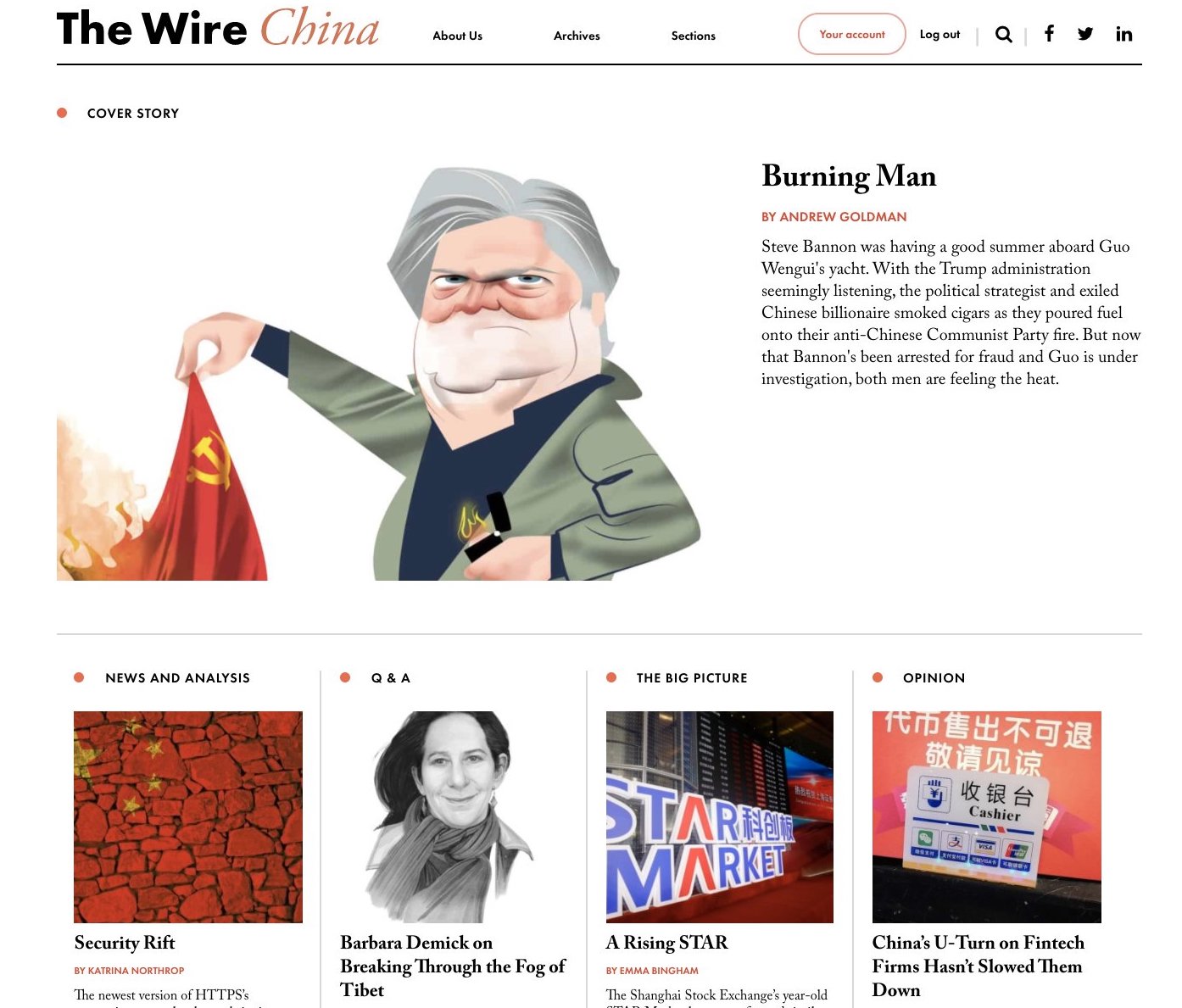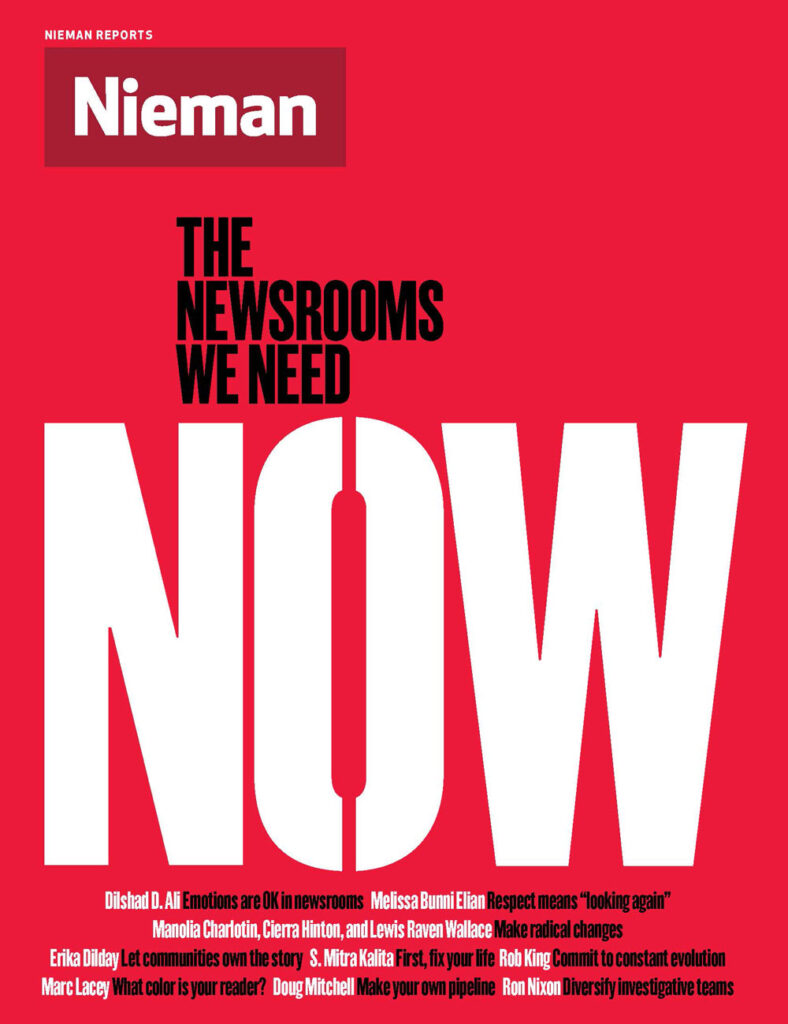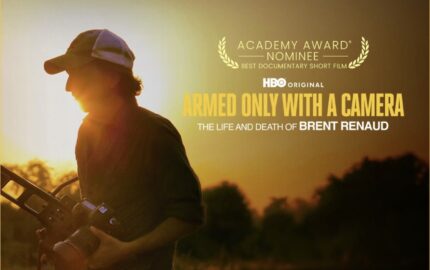During much of my time working as a journalist at The New York Times, I kept asking myself the same question: what do I with all the notes and documents I’ve collected during the course of my reporting? And, despite the concerns of our legal counsel, the answer was easy for a student of history: save them and some day build an archive that can help historians and provide the raw material for today’s investigative reporters.
And now, in an unexpected way, I find myself working in Boston, building a small newsroom focused around data, notes, and archives — a business project that might not just help produce deeper news stories but also, eventually, finance them. It’s a company we are tentatively calling The Wire.
The Times encouraged me to explore this idea as a Knight Visiting Nieman Fellow in the summer of 2016. Three years later, I left the Times after a group of angel investors backed my idea of building a news publication and database focused initially on China — a country that I had covered for 14 years, much of that time as the Times’s Shanghai bureau chief. (I contributed a large chunk of my own savings.)
Now, just over a year and a half into this venture, I’m managing a weekly digital magazine focused on China’s rise as a global and economic power. Within the newsroom (which is now virtual, because of Covid-19) we also have an archive and a database that can be used by our own journalists, but soon, also by researchers, scholars, and businesses that are eager to understand China and its companies and entrepreneurs.
I realize this is going to be a challenge. But that’s part of the reason why I find it so exciting.
Building this startup is allowing me to think deeply about the question I began with: if data is so valuable, and journalists are out collecting it every day, organizing it, and analyzing it, why do so many journalists throw the raw material of their stories away — the notes, audiotapes, source documents, etc.? Why doesn’t The New York Times or The Washington Post value their reporters’ notebooks? Does the value of those digital and paper documents really go to zero once I publish (meaning we should just throw them out), or is there valuable material there — the contacts, documents, interview notes that can inform and deepen future stories, and perhaps even seed a future investigation?
The answer, I believe, is yes.
Robert Caro, one of my heroes for his dogged determination, went from a newsroom to the archives. I’d like to bring the archives back into the newsroom, and beyond.




